The natural secret ingredient gardeners swear by (hint: it's hiding in your kitchen cabinet)
It's not just nice to have in your lattes, it's also extremely beneficial for your green companions
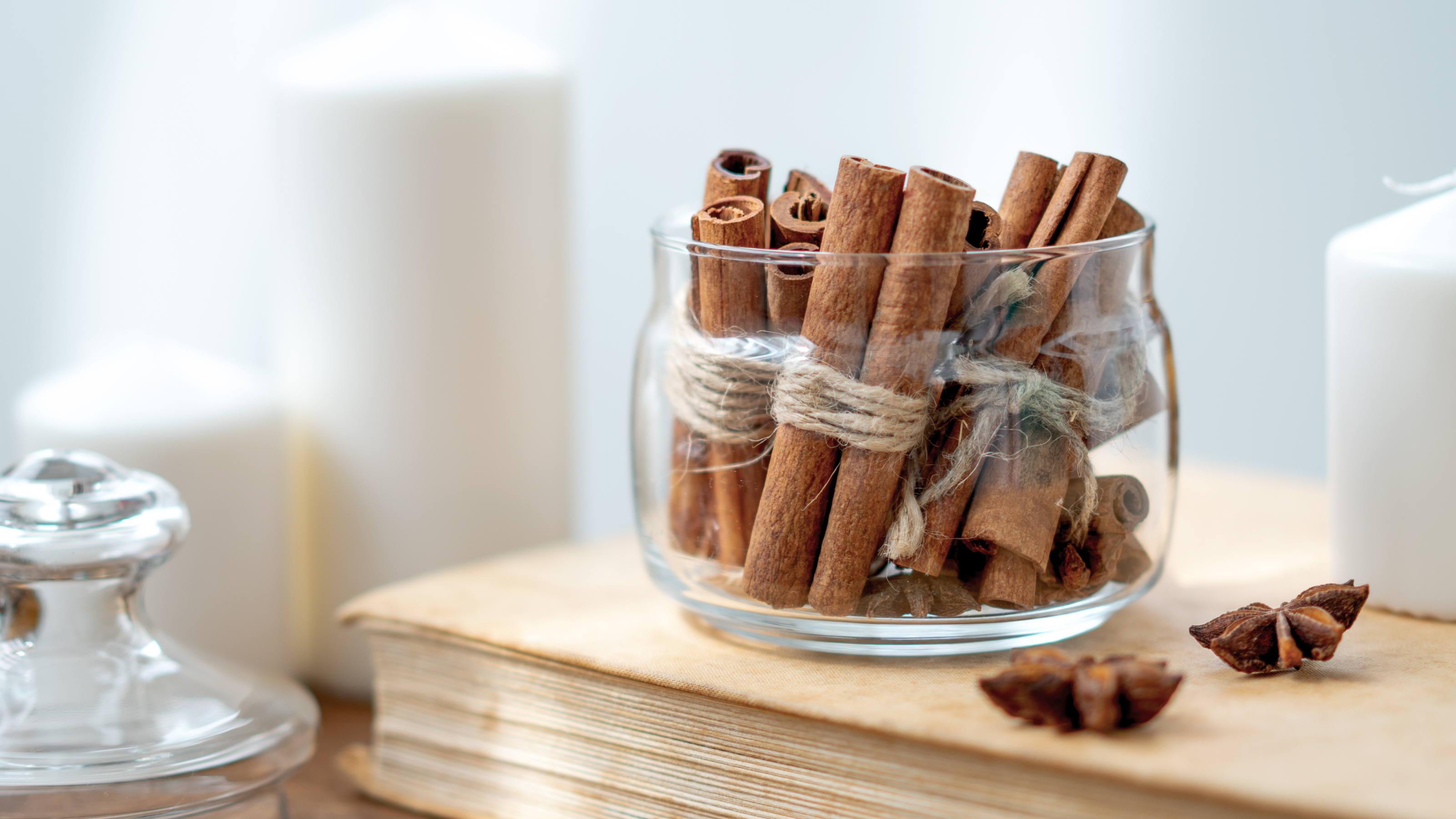

Contrary to popular belief, cinnamon isn't just useful for your cooking, baking, and coffee-making endeavours, but it also works a treat for your plants. Using cinnamon powder for plants harbours many benefits, from its antifungal properties to being a natural repellent to keep flies off house plants.
If you're taking a gander at improving your garden ideas or a little windowsill garden in the works and have a spare tub of cinnamon powder lying around in your kitchen cabinet, it might be worth taking it out for a spin on your green companions.
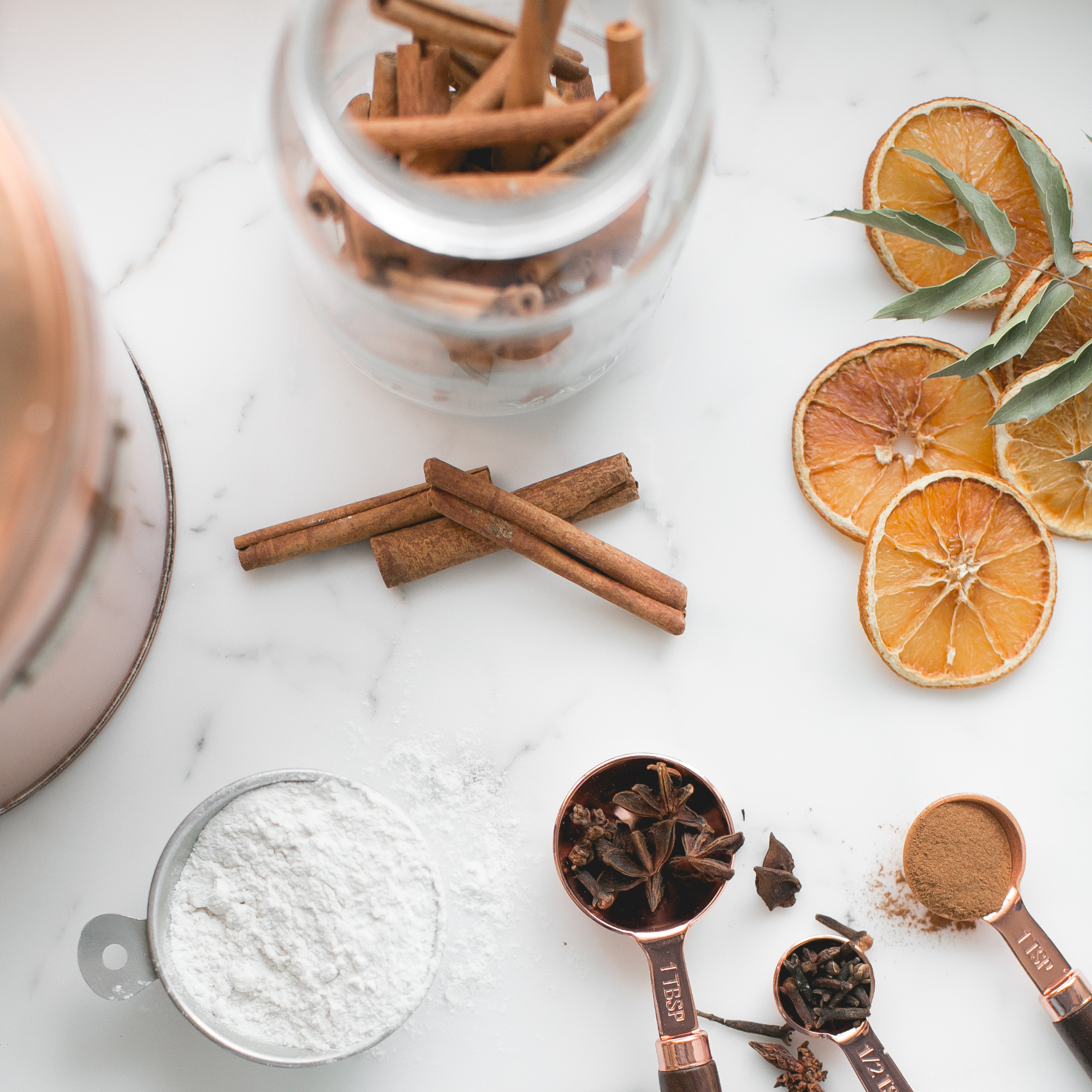
The benefits of using cinnamon powder for plants
'You can absolutely sprinkle cinnamon on your plants safely and it can actually be very beneficial in certain situations because cinnamon has natural antifungal, antibacterial, and insect-repelling properties,' assures Peter Ivanov, gardening and plant expert at Fantastic Gardeners.
1. It's a natural fungicide
'If you notice signs of fungal diseases, such as powdery mildew or damping-off, lightly dusting cinnamon powder on the affected areas can be an effective cure because its antifungal properties will help inhibit the growth and spread of the fungi,' advises Peter.
Ash Read, founder of Indoor Plants attests to this saying, 'Years ago, my beloved succulents fell victim to a relentless white mould. Desperate for an organic solution, I turned to cinnamon.'
'Its inherent antifungal traits stalled the mould's advance, proving invaluable. Within days, the mould retreated, and my plants flourished.'
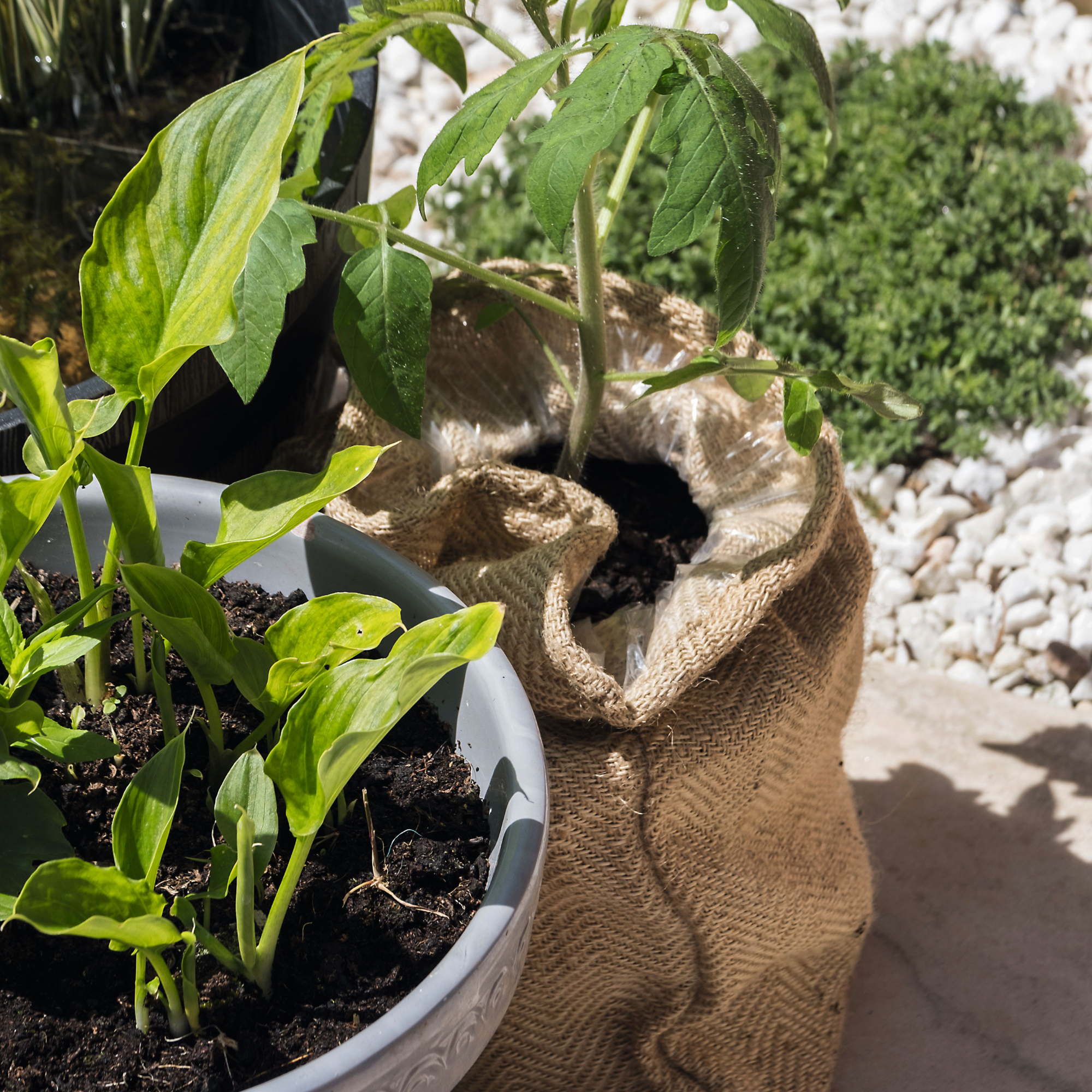
2. It keeps rodents and pests away
Luke Bartle, head gardener at Trentham Gardens says that cinnamon is also a great deterrent to keep rodents away as they don't like the taste or smell.
Get the Ideal Home Newsletter
Sign up to our newsletter for style and decor inspiration, house makeovers, project advice and more.
'The same can be said for keeping ants away from your plants or in the greenhouse,' he explains. In fact, wasps also hate the smell of cinnamon, so you ought to double up on the cinnamon sprinkling alongside your selection of plants that deter wasps.
Luke does warn, however, that every time he watered in the greenhouse, the cinnamon did wash away, so frequent top-ups may be required.
And it can't just be used outside, either. Cinnamon is also one of the best scents to get rid of clothes moths. So, it really can do it all.
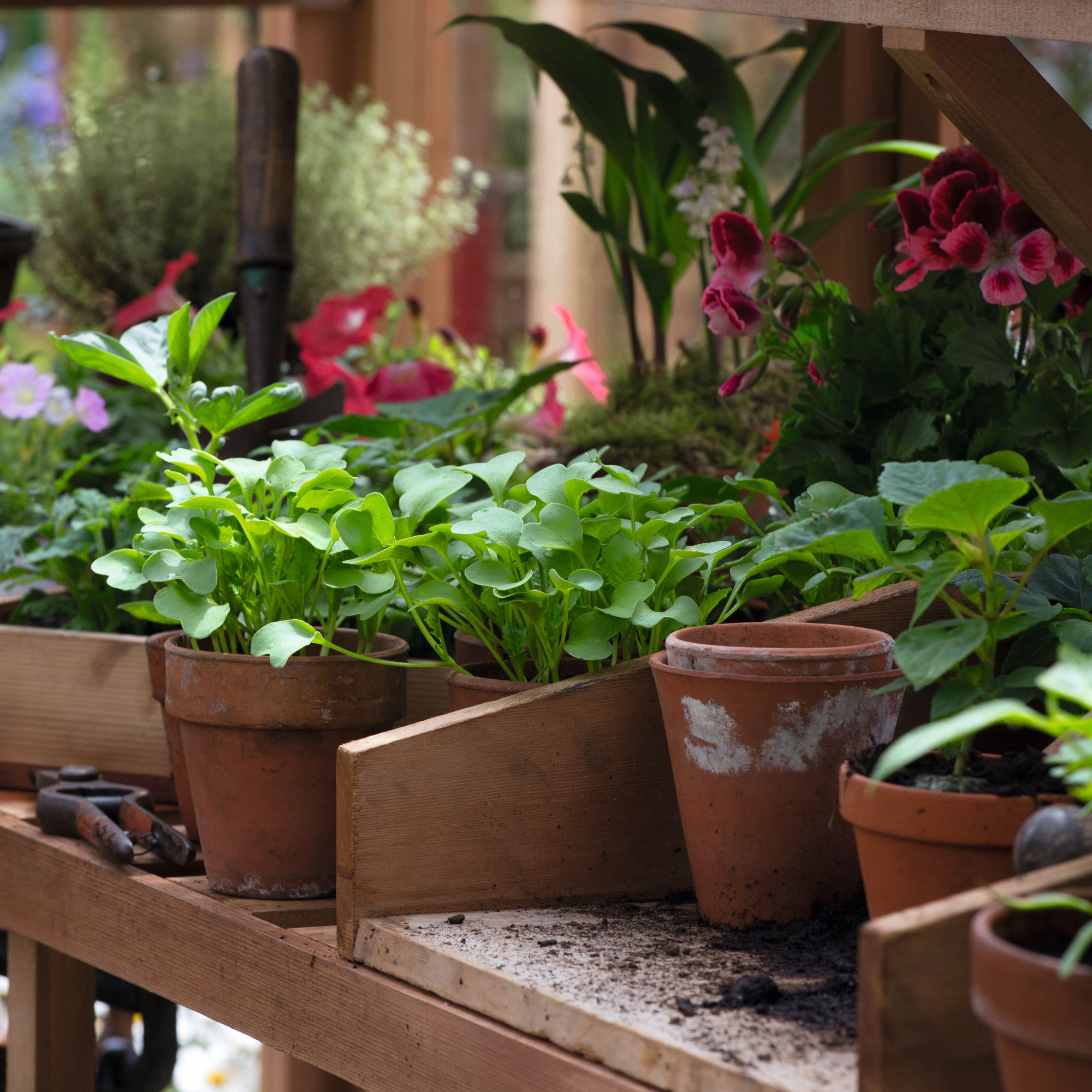
3. It's an effective natural rooting hormone
'Cinnamon can also act as a natural rooting hormone, helping with the propagation of some plant cuttings,' explains Peter. 'Sometimes, it can even help the root cutting grow twice as much, especially if it's mixed with other types of rooting hormones.'
Jack Sutcliffe, gardening expert at Power Sheds explains that it's because 'cinnamon has the ability to inhibit spores that cause rot in stem cuttings.'
'By dipping prepared plant stems in cinnamon and pushing them into the soil, it becomes an effective rooting hormone that's easy to use and inexpensive,' Jack continues.
Add that to your list of budget garden ideas to keep up your sleeve.
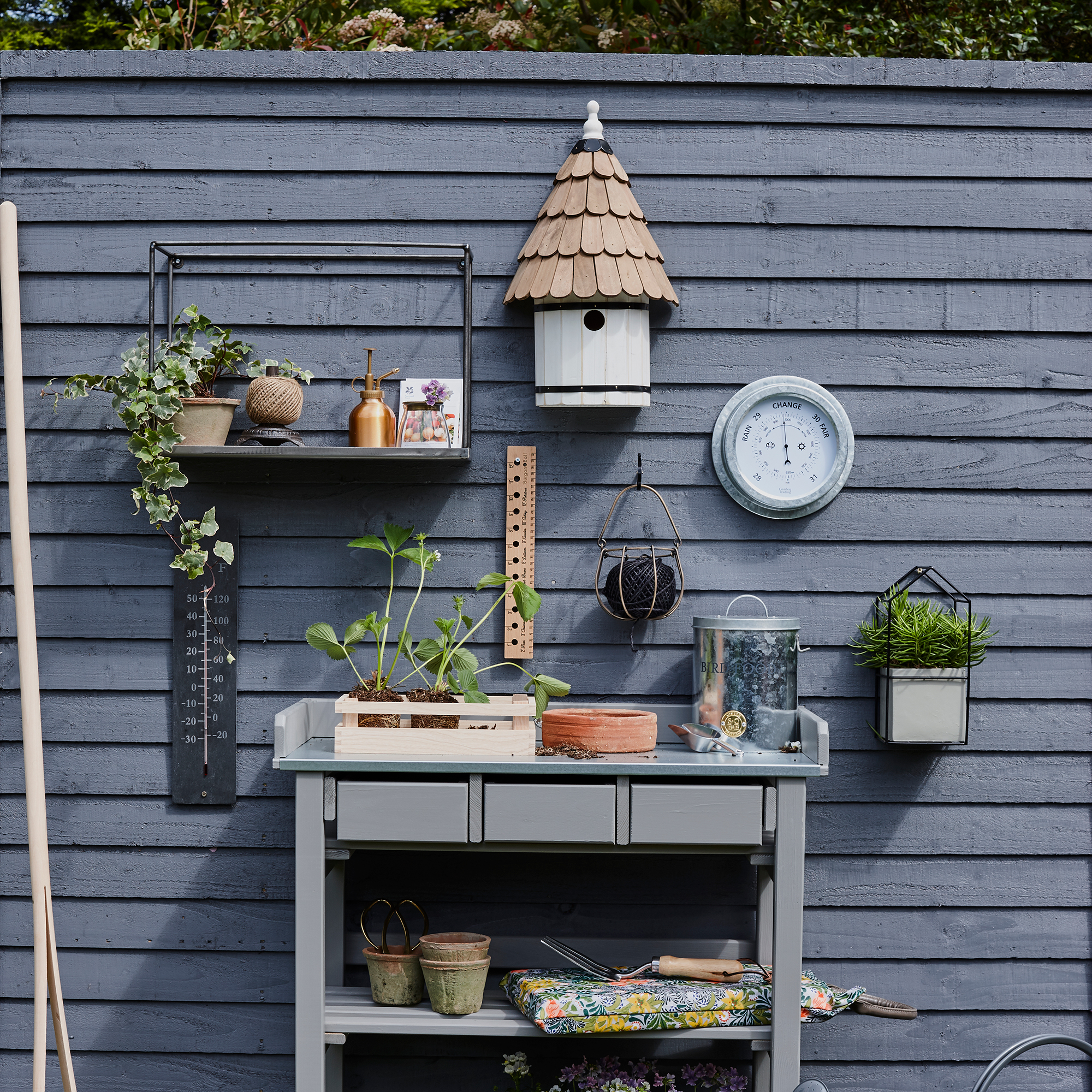
Things to keep in mind when using cinnamon powder for plants, both indoors and in your garden
So, you know now that you can use cinnamon powder for plants, however, as always, there are a couple of things to consider before going cinnamon-crazy.
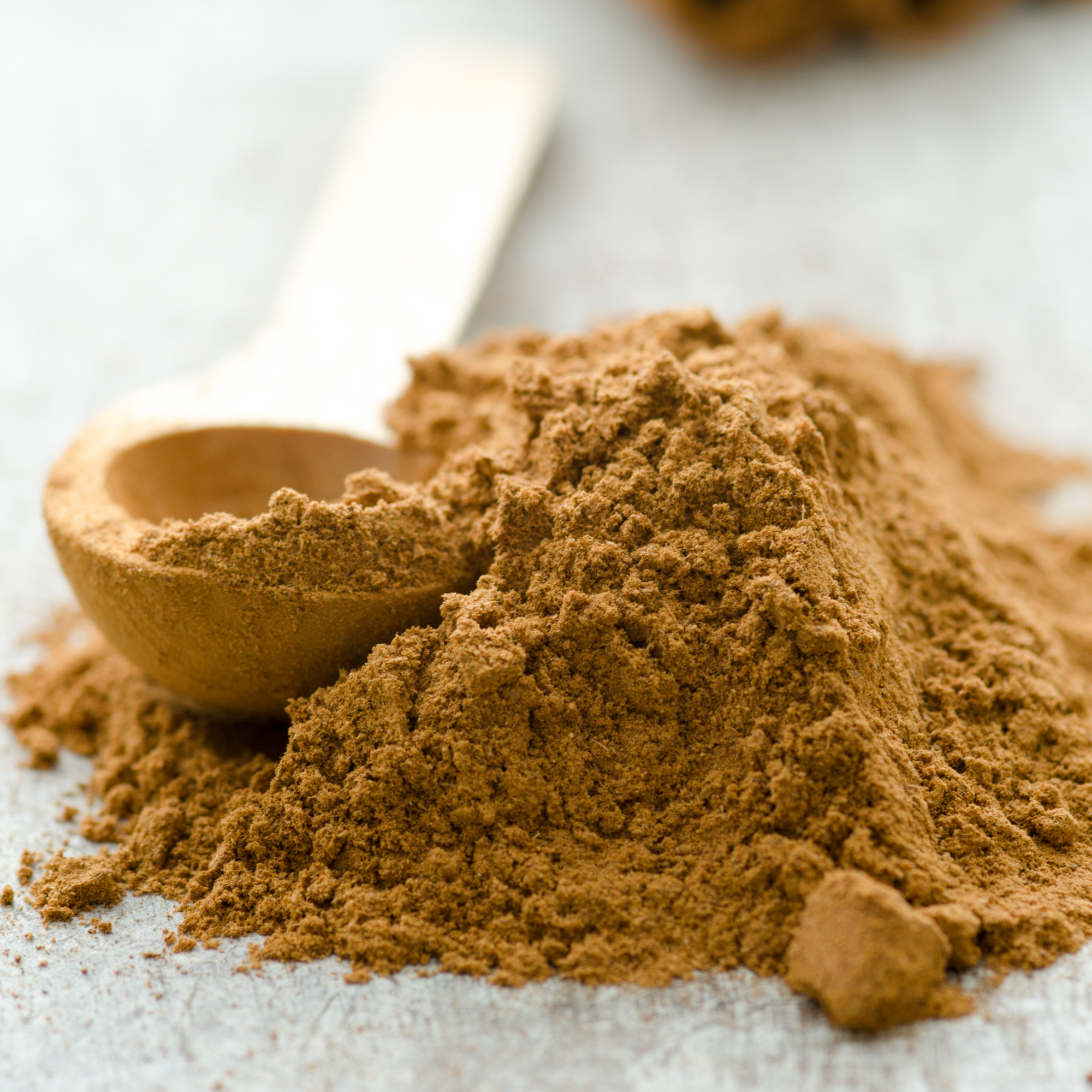
- Use organic cinnamon – 'To ensure the safety of your plants and the environment, use organic, pure cinnamon without any added chemicals, sugars, or artificial ingredients,' advises Peter.
- Not all plants appreciate cinnamon's touch – 'Tomatoes, peppers, delicate seedlings, and certain exotic varieties might recoil. Orchids, ferns, and prayer plants come to mind,' warns Ash. Always test a small section first.
- Moderation is key – 'While cinnamon is beneficial, avoid overuse,' warns Peter. 'Use it sparingly and only when necessary, because excessive amounts can hinder the growth of beneficial microorganisms in the soil.'
Of course, while this natural solution is easily accessible and pretty genius to use for plants, be aware that it isn't a replacement for proper plant care. Instead, it should be implemented as part of a holistic approach to be used in rotation with other methods.
Is cinnamon good for plants?
Yes, cinnamon is good for your plants because it has natural antifungal, antibacterial, and insect-repelling properties.
How to make cinnamon spray for plants?
'Create a cinnamon solution by boiling cinnamon sticks in water,' advises Peter Ivanov from Fantastic Gardeners. Let the liquid cool, strain out the solids, and transfer it to a spray bottle.'
'Use this solution to spray on the leaves and soil around your plants.'
Does cinnamon help plants grow?
Yes, cinnamon can help your plants grow as it's a great natural rooting hormone.
'When you're propagating plants from cuttings, you can dip the cut end of the stem into cinnamon powder before planting it in the soil or another type of rooting medium,' advises Peter from Fantastic Gardeners. 'The spice will encourage root development and reduce the risk of rot.'

Jullia was Ideal Home’s Junior Writer from 2022-2024 and the Ideal Home Certified Expert in Training on Vacuums having spent over 60 hours testing different models. She’s always loved all things homes and interiors, graduating with a bachelor’s degree in Architectural Studies from the University of Nottingham where her love for writing blossomed following her internship at ArchDaily. Now focused on home tech and cleaning, Jullia works on writing features and explainers to help people make the most of their home appliance investments, putting the newest launches through their paces. When she isn’t writing, she loves exploring the city, coffee shop hopping, and losing hours to a cosy game or book.
-
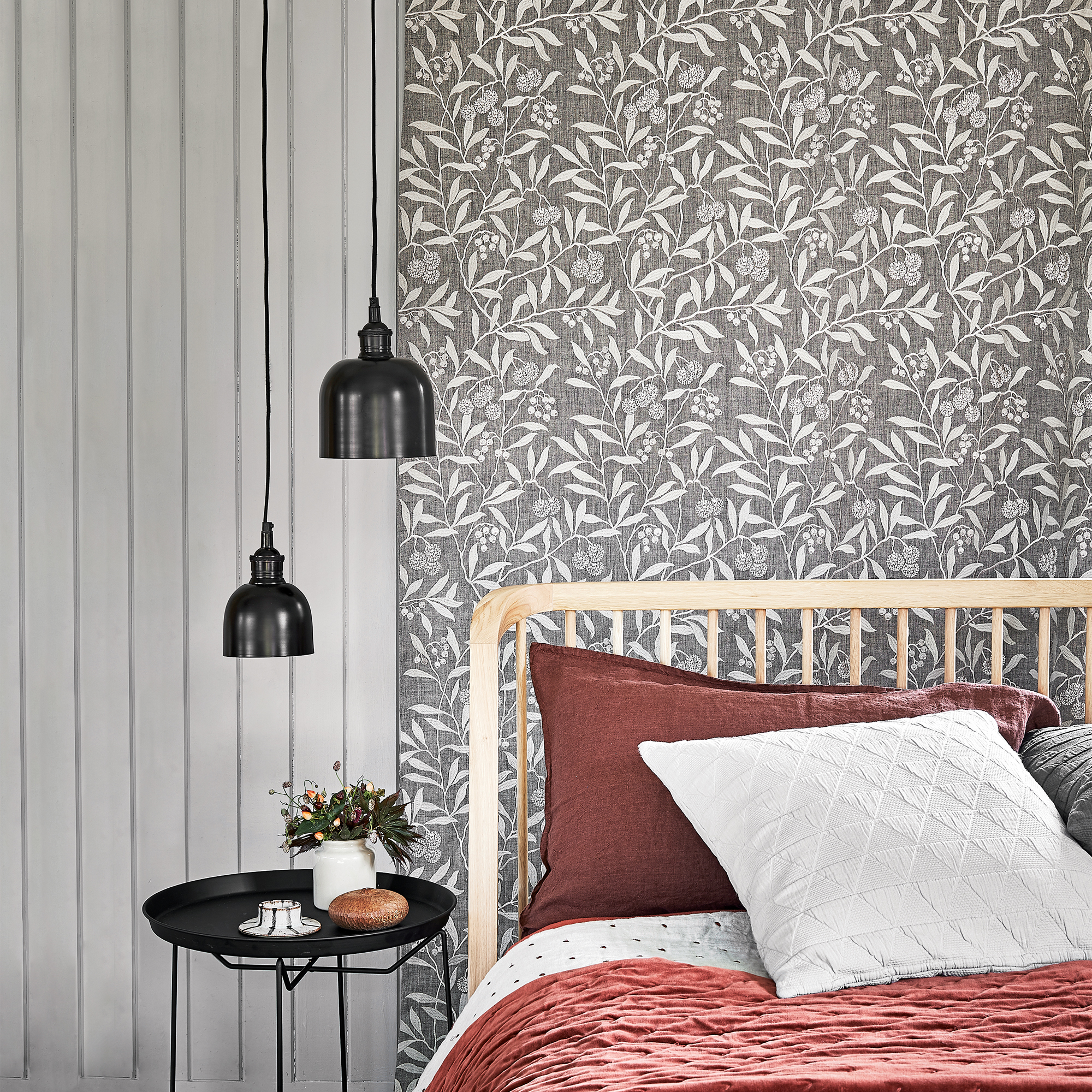 Amanda Holden's maximalist guest bedroom uses a smart decorating trick to make it look bigger
Amanda Holden's maximalist guest bedroom uses a smart decorating trick to make it look biggerInterior experts say it's a masterclass in how to decorate a dormer bedroom
By Amy Lockwood
-
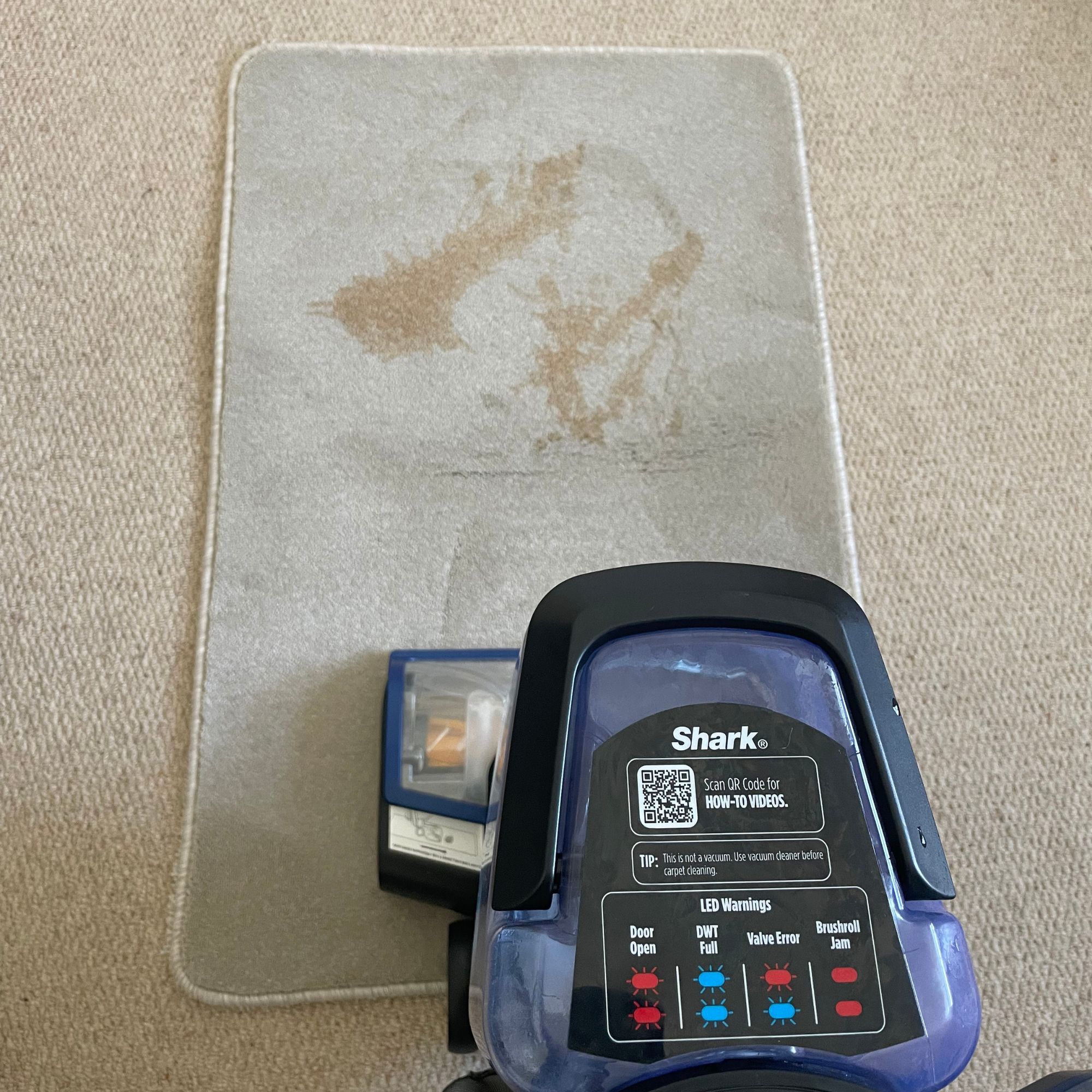 I threw wine, tea and mud on my carpets to test out Shark’s newest carpet cleaner — but after using it, you wouldn’t know
I threw wine, tea and mud on my carpets to test out Shark’s newest carpet cleaner — but after using it, you wouldn’t knowWith the built-in spot cleaner, it's also a game-changer for pet parents
By Lauren Bradbury
-
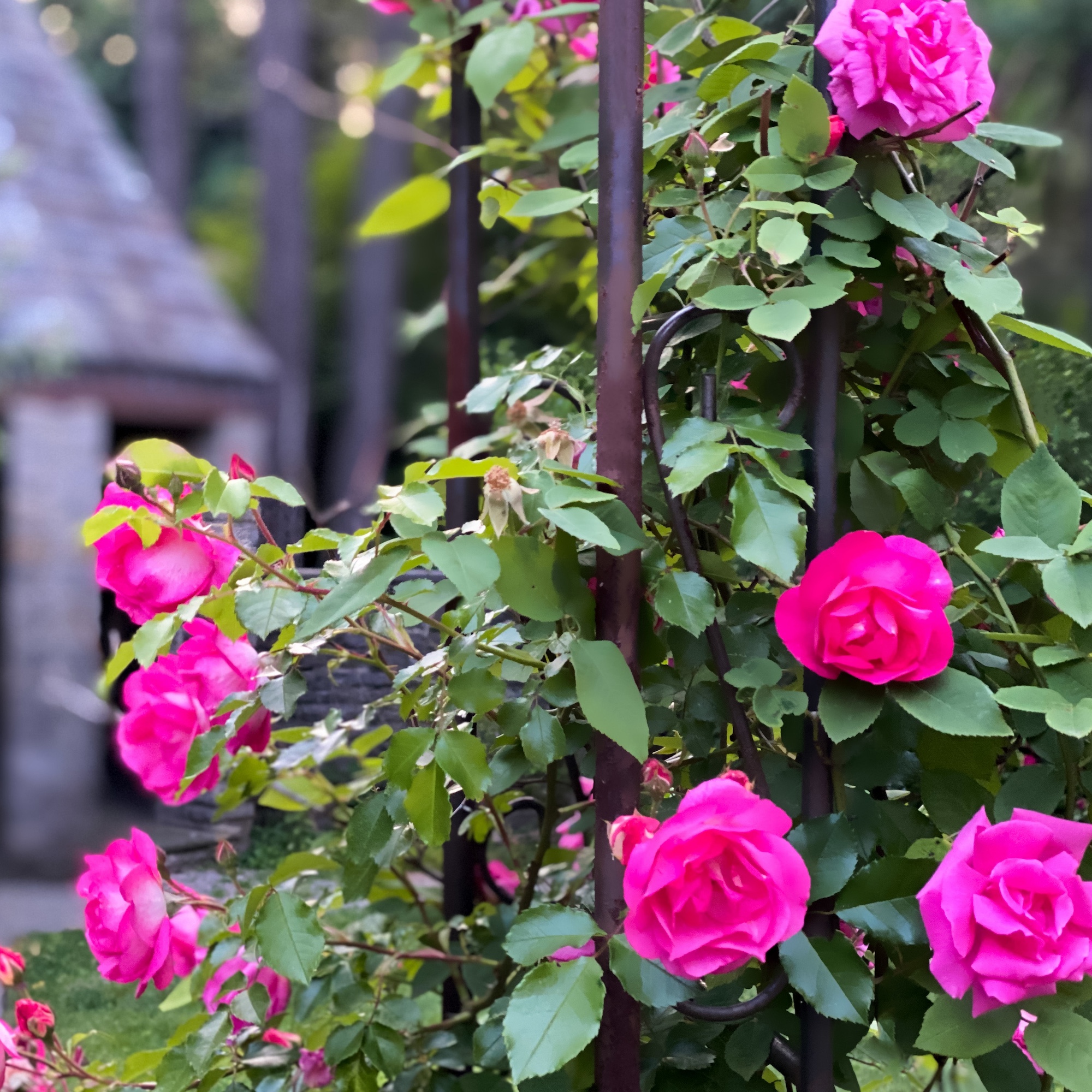 5 of the best climbing plants with pink flowers – the prettiest climbers to trail over fences, walls and pergolas
5 of the best climbing plants with pink flowers – the prettiest climbers to trail over fences, walls and pergolasElevate your garden scheme with easy-to-grow climbing plants in an eye-catching shade of pink
By Lisa Fazzani